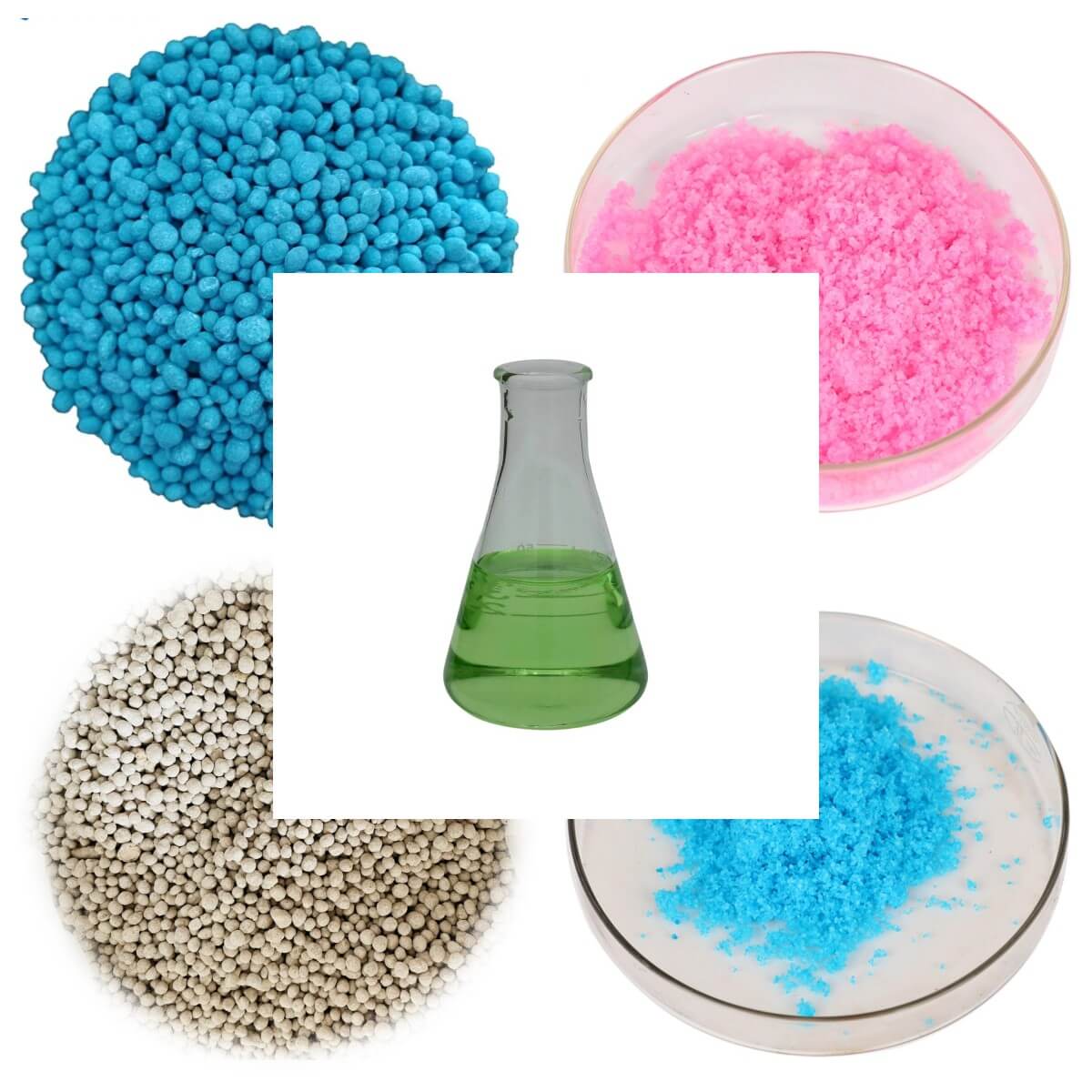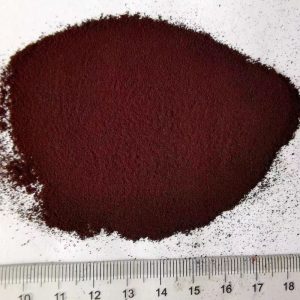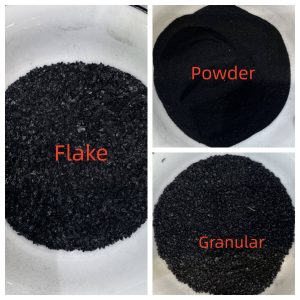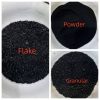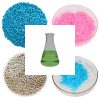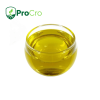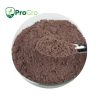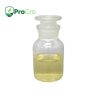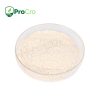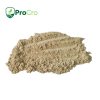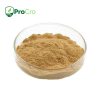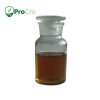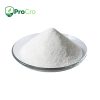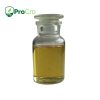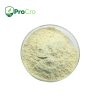Features of NPK fertilizer
- Provide Comprehensive Nutrition: NPK fertilizers supply essential nutrients such as nitrogen, phosphorus, and potassium, which are crucial for plant growth and development. Nitrogen promotes leaf growth and photosynthesis, phosphorus is involved in cell division and flowering, and potassium enhances the plant’s resistance to stress.
2. Promote Plant Growth: Appropriate amounts of NPK fertilizers can accelerate plant growth rates, increase leaf area, and improve photosynthesis efficiency, thereby boosting yields. When nitrogen is sufficient, plants can synthesize more proteins, promoting cell division and growth, resulting in stronger plants.
3. Improve Soil Structure: The use of NPK fertilizers helps improve the physical and chemical properties of the soil, increasing soil biodiversity and enhancing soil fertility and the growing environment for crops.
4. Enhance Soil Fertility: By providing necessary nutrients, NPK fertilizers can enhance soil fertility, ensuring a continuous and stable supply of nutrients for crops.
5. Increase Plant Resistance: The addition of phosphorus and potassium can strengthen plants’ resistance to diseases, cold, and drought, improving their survival rates and yields.
6. Promote Flower Bud Differentiation and Early Flowering and Maturity: Phosphorus plays an important role in flower bud differentiation and early flowering and maturity. Using NPK fertilizers can promote these physiological processes, thereby increasing the economic value of crops.

